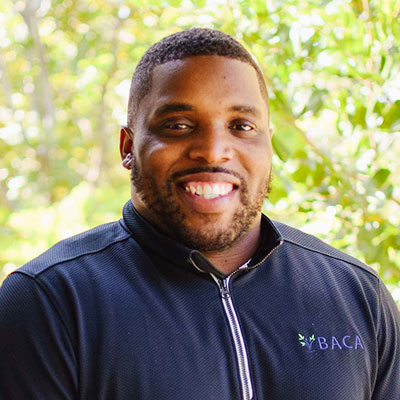If you spend any amount of time watching, listening, or reading the news, you are likely daunted by all that has been thrown at us in the last week, month, year, and decade. Every time it seems like something good might be happening or about to happen, another tidal wave of negativity crashes over us.
It doesn’t matter who you are, how old you are, where you live, or your political views, the media will readily give you something to feel awful about. If you’re feeling this way, it may be time to TURN IT OFF. Everything: Your computer, your TV, your radio, and your phone. Turn it all off.
This is exactly what news outlets don’t want you to do. They want you to keep watching… and watching… and watching… no matter what the cost to your mental health.
The game is to sprinkle a little bit of good news amongst the deluge of bad news. That’s exactly what keeps gamblers addicted to gambling. It’s called a variable ratio schedule of reinforcement. If you want someone to keep doing something, a lot and intensely, this is the scientifically proven method to achieve just that.
That bright spot of happy news is rare and random, so it keeps us hooked and hoping for more. Paradoxically, the negative stuff can be even more addictive than the positive stuff. We instinctively focus on and remember the bad more than the good (check out “Bad Is Stronger Than Good” by Baumesiter, Bratlavsky, Finkenauer, and Vohs). And, to make matters worse, all of this is mostly happening unconsciously, making it even harder for us to recognize and resist.
This isn’t a slight to journalism, the internet, or even social media. I’m grateful that our world is more connected and informed thanks to all three of these things. But, we have to measure these tools based on their usefulness. If all they are doing is making us overwhelmed by feelings of helplessness and hopelessness, we need to take a step back.
While it’s important to disconnect from the media sometimes, it is important not to disconnect from our emotions. In fact, here are three important steps:
- Turn off the news. Take a break. Take care of yourself.
- Talk to people. Your family, your friends, a therapist.
- Channel it. Research what things you can do to make a difference. Big or Small.
Feeling sad or angry about another human being’s suffering is normal and healthy. Experiencing painful emotions when something is truly painful is not a sign of depression. It’s a sign of empathy, which is key to righting the wrongs we see. It helps us to help one another.
The cliche “put your own oxygen mask on before assisting others” is spot on. If you really want to help others, you’ve got to take care of yourself. If your emotions are so extreme that they paralyze you, that’s counter to any goals you might have of making the world better. So don’t turn off your emotions, turn off the news.


